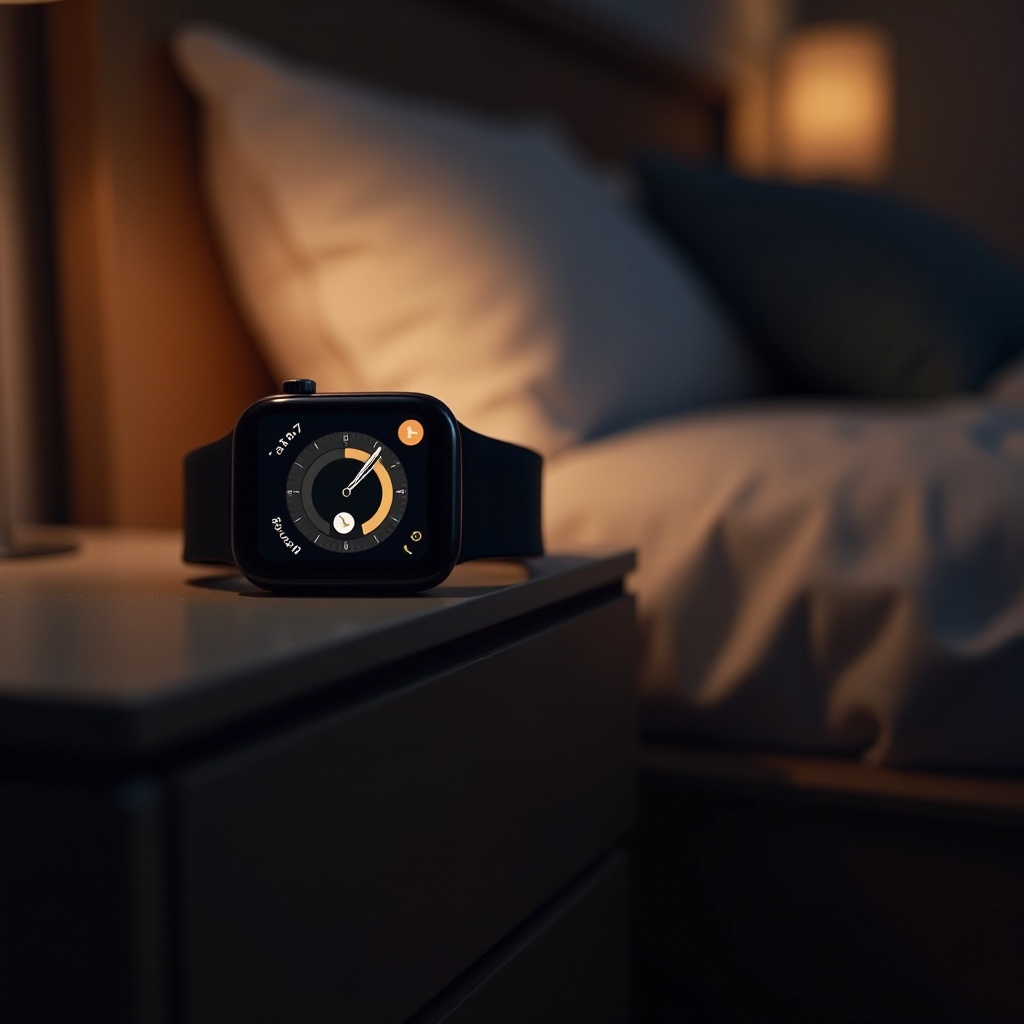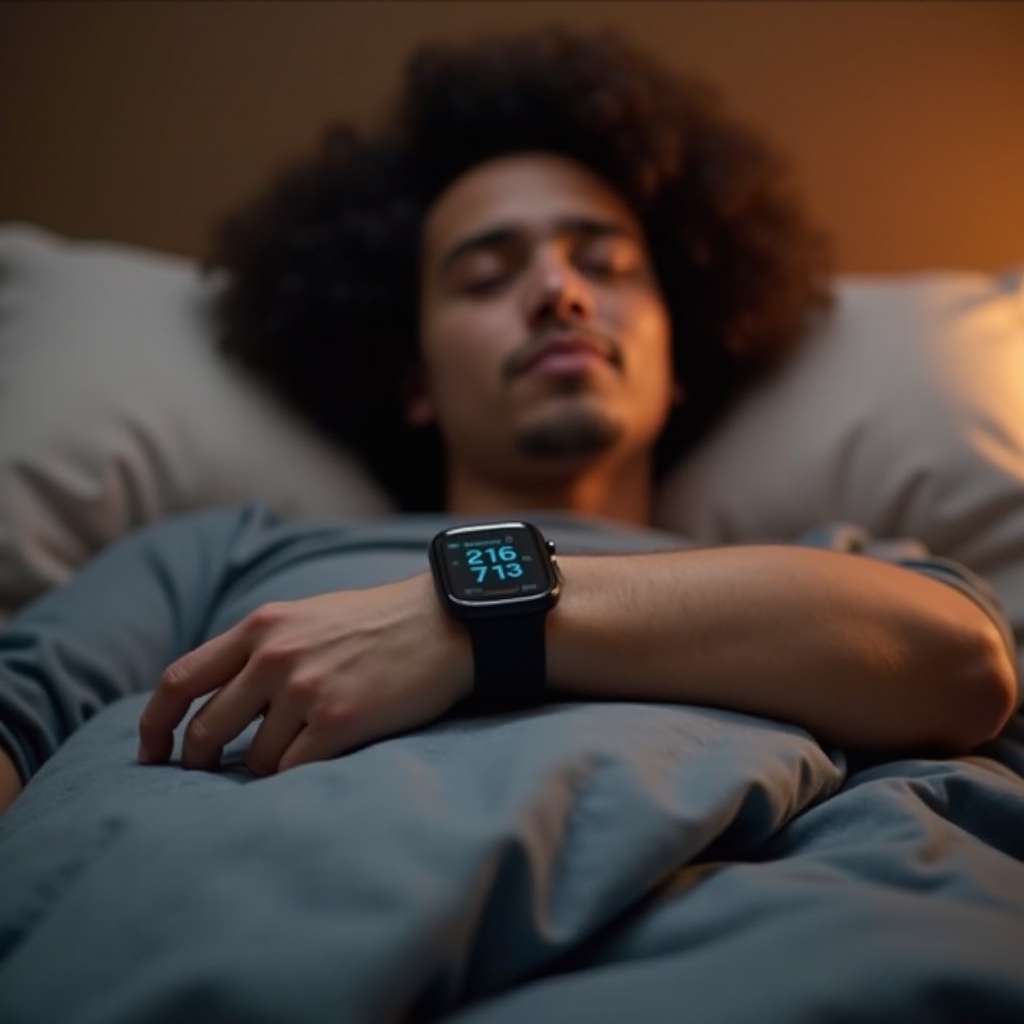Introduction
Smartwatches have revolutionized personal health tracking, offering features like heart rate monitoring, fitness tracking, and more recently, sleep tracking. Understanding how these devices monitor sleep can provide valuable insights into improving sleep quality and overall health. This article delves into the mechanisms smartwatches use to record sleep, the technology involved, and tips to maximize their benefits. We’ll also look at popular smartwatch models and examine the accuracy of the sleep data they provide.

Understanding Sleep Stages
Understanding sleep stages is crucial to grasp how smartwatches track sleep. The human sleep cycle comprises two primary stages: Non-REM (Rapid Eye Movement) and REM sleep. The Non-REM sleep further divides into three stages:
- Stage 1: Light sleep where you drift in and out of sleep and can be awakened easily.
- Stage 2: Eye movement stops, and brain waves become slower with occasional bursts of rapid brainwaves.
- Stage 3: Deep sleep, where the body repairs and regrows tissues, builds bone and muscle, and strengthens the immune system.
Entering REM sleep involves a high level of brain activity that occurs approximately 90 minutes after you fall asleep. During this stage, your eyes move rapidly, and this is when most dreaming happens.
The Technology Behind Smartwatch Sleep Tracking
To effectively monitor sleep, smartwatches leverage sophisticated technologies, including a combination of sensors and algorithms.
Sensors Used in Smartwatches
Smartwatches use various sensors to track sleep patterns:
- Accelerometer: Measures movement and activity levels. Minimal movement often indicates a sleep state.
- Heart Rate Monitor: Tracks your heart rate, which typically drops during non-REM sleep and increases during REM sleep.
- SpO2 Sensor: Measures blood oxygen levels, which can provide insights into breathing patterns and detect episodes of sleep apnea.
- Gyroscope: Monitors orientation and angular velocity, helping to detect the position changes that occur when a person moves in their sleep.
Algorithms and Data Analysis
Smartwatches employ advanced algorithms that analyze data collected by the sensors. The algorithms interpret the data to distinguish between different sleep stages and generate a sleep report. These reports often include graphs and metrics indicating the duration and quality of sleep, time spent in each sleep stage, and disturbances during the night.
Popular Smartwatches and Their Sleep Tracking Features
Different smartwatches come with various sleep tracking features, each offering unique benefits. Here are a few popular models:
Apple Watch
Apple Watch uses the Sleep app to track sleep duration and consistency. It focuses on setting wind-down routines and provides a simple sleep analysis on the Health app, including sleep duration and heart rate data.
Fitbit
Fitbit offers detailed sleep metrics through its app, including stages, duration, and insights. Devices like the Fitbit Charge and Fitbit Versa use heart rate variability to analyze sleep stages, offering sleep score evaluations to assess sleep quality.
Garmin
Garmin watches like the Venu and Forerunner series incorporate advanced sleep monitoring with insights into light, deep, and REM sleep stages. They also utilize heart rate variability and pulse oximetry data to offer a comprehensive sleep analysis.
Samsung Galaxy Watch
Samsung Galaxy Watches offer detailed sleep insights with the Samsung Health app. The data includes sleep stages, duration, and even a sleep score summary. Their devices use a combination of heart rate monitoring and movement data to produce an accurate sleep analysis.
The Accuracy of Smartwatch Sleep Data
While smartwatches provide valuable insights, the accuracy of sleep data can vary. Factors such as data interpretation by different algorithms and individual user conditions like sleep disorders could influence accuracy. Though not as precise as professional sleep studies, wearable sleep trackers offer useful daily insights into sleep patterns and consistency, helping users make informed decisions about their sleep habits.

Tips for Maximizing Sleep Tracking Benefits
To make the most of your smartwatch’s sleep tracking feature:
- Wear the Watch Properly: Ensure a snug fit on your wrist so the sensors can accurately monitor your movements and heart rate.
- Follow a Sleep Schedule: Consistent sleep and wake times help the device better understand and track your sleep patterns.
- Sync Regularly: Regularly sync your device with its app to monitor trends and track improvements over time.
- Review and Act on Data: Use the insights provided to improve sleep hygiene – adjust your bedtime routine and sleeping environment based on the feedback received.
- Combining Other Data: Incorporate sleep tracker data with other health metrics like diet and exercise to gain a holistic view of factors affecting sleep.
Conclusion
Smartwatches have empowered users with the ability to track and enhance their sleep through sophisticated technology and insightful data analysis. Understanding how these devices work and leveraging their sleep tracking features can lead to better sleep habits and ultimately improve overall health. Regularly reviewing the data, wearing the device correctly, and making necessary lifestyle adjustments are essential for maximizing benefits. While smartwatch sleep trackers are not a substitute for professional sleep studies, they provide valuable insights that can guide healthier sleep practices.
Frequently Asked Questions
How accurate is smartwatch sleep tracking?
While not as accurate as professional sleep studies, most modern smartwatches offer reasonably accurate sleep tracking, providing valuable daily insights into sleep patterns.
Can smartwatches detect sleep disorders?
Smartwatches can detect irregular sleep patterns and possible signs of sleep disorders, but they are not a substitute for a diagnostic sleep study conducted by a healthcare professional.
Do I need to wear my smartwatch every night for sleep tracking?
For consistent and accurate sleep data, it’s essential to wear your smartwatch every night, ensuring it collects enough information to track patterns and provide insights.

